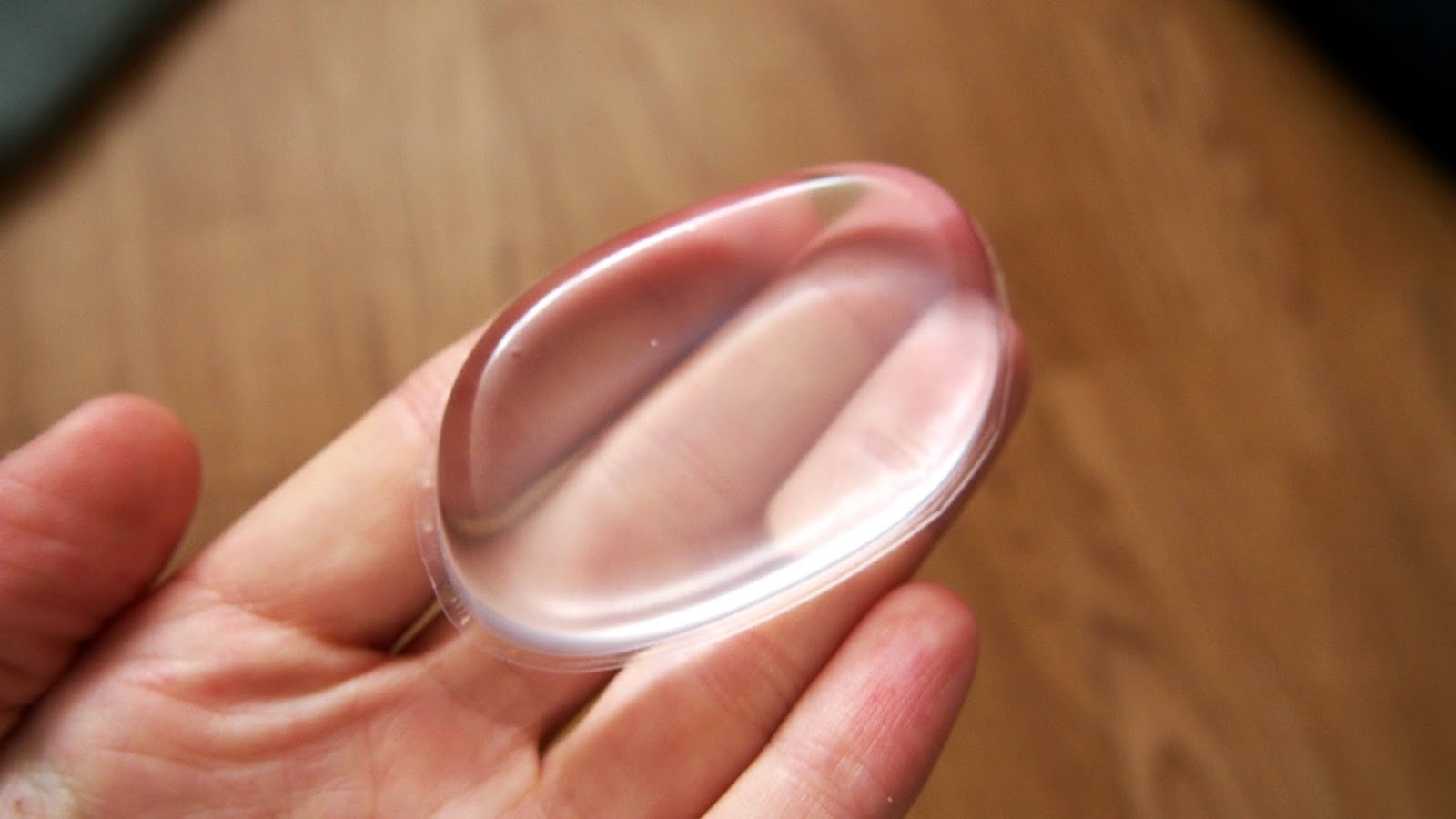Makeup applicators are essential tools in the beauty industry, shaping the way we apply products and achieve flawless looks. Whether you are a professional makeup artist or a beauty enthusiast, understanding the different types of applicators and how to use them effectively can elevate your makeup game. This comprehensive guide will delve into the world of makeup applicators, exploring their various types, benefits, and expert tips to help you choose the right tools for your beauty routine.
The makeup applicator landscape is vast, featuring everything from brushes and sponges to fingers and specialized tools. Each applicator serves a unique purpose, allowing for precision and creativity in makeup application. By the end of this article, you'll be well-equipped with the knowledge to select and utilize the best applicators for your needs.
As you navigate through this guide, you'll discover valuable insights into the science behind makeup applicators, how they can impact your look, and the best practices for maintaining them. Let's embark on this journey to enhance your makeup skills and achieve stunning results!
Table of Contents
- 1. Types of Makeup Applicators
- 2. Makeup Brushes
- 3. Makeup Sponges
- 4. Fingers and Specialized Tools
- 5. How to Choose the Right Applicator
- 6. Tips for Effective Makeup Application
- 7. Cleaning and Maintenance of Applicators
- 8. Conclusion
1. Types of Makeup Applicators
Makeup applicators come in various forms, each designed for specific applications. Here are the most common types:
- Brushes
- Sponges
- Fingers
- Applicator Wands
- Makeup Pads
2. Makeup Brushes
Makeup brushes are versatile tools that come in various shapes and sizes, each designed for a specific purpose. Here’s a closer look at the different types of makeup brushes:
2.1 Face Brushes
Face brushes are primarily used for applying foundation, blush, bronzer, and powder. Common types include:
- Foundation Brush: Flat and dense for liquid foundation.
- Powder Brush: Large and fluffy for setting powders.
- Blush Brush: Angled for precise application of blush.
2.2 Eye Brushes
Eye brushes are crucial for eye makeup application. Popular types include:
- Eyeshadow Brush: Flat and wide for applying eyeshadow.
- Blending Brush: Fluffy for seamless blending.
- Eyebrow Brush: Angled for filling in brows.
3. Makeup Sponges
Makeup sponges have gained immense popularity due to their ability to create a flawless finish. Here are some key points:
3.1 Types of Sponges
- Beauty Blenders: Soft, egg-shaped sponges for blending foundation.
- Concealer Sponges: Smaller sponges for targeted application.
3.2 Benefits of Using Sponges
Sponges offer a lightweight application and can be used damp for a natural, dewy finish. They are perfect for building coverage without looking cakey.
4. Fingers and Specialized Tools
While brushes and sponges are popular, using your fingers can also yield fantastic results. Here’s why:
4.1 Using Fingers for Application
Your fingers can provide warmth, which helps products blend seamlessly into the skin. They are great for:
- Applying cream products
- Touch-ups on the go
4.2 Specialized Tools
Specialized tools, such as silicone applicators and metal spatulas, can also enhance your makeup application experience. They are designed to maximize product use and minimize waste.
5. How to Choose the Right Applicator
Choosing the right makeup applicator can significantly impact the final look. Consider the following factors:
- Type of product: Creams, powders, or liquids.
- Desired finish: Matte, dewy, or natural.
- Skill level: Beginners may prefer sponges for ease of use.
6. Tips for Effective Makeup Application
To achieve a flawless makeup look, keep these tips in mind:
- Use the right applicator for each product.
- Blend well for a seamless finish.
- Layer products for buildable coverage.
7. Cleaning and Maintenance of Applicators
Keeping your makeup applicators clean is crucial for maintaining skin health and ensuring optimal performance. Here’s how to do it:
7.1 Cleaning Brushes
Wash brushes regularly with gentle soap and warm water. Rinse thoroughly and reshape bristles before drying.
7.2 Cleaning Sponges
Sponges should be cleaned after each use. Use a gentle cleanser and squeeze out excess water.
8. Conclusion
Understanding the various types of makeup applicators and how to use them effectively is key to achieving a flawless makeup look. Whether you prefer brushes, sponges, or your fingers, the right tools can make a significant difference in your application technique. Remember to keep your tools clean and well-maintained for the best results.
We hope this guide has provided you with valuable insights into makeup applicators. If you have any questions or tips to share, feel free to leave a comment below. Don’t forget to explore other articles on our site for more beauty tips and tricks!
Thank you for reading, and we look forward to seeing you again soon!




